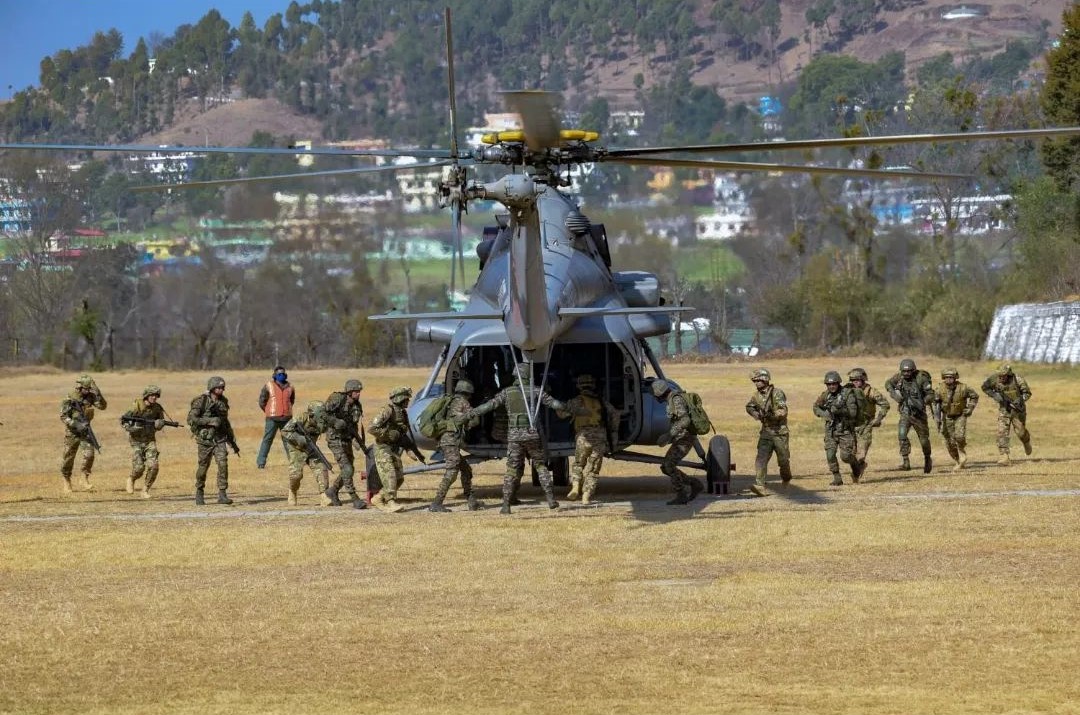
Introduction
The Yudh Samman Yojana is a proposed plan by the Ministry of Defence (MoD) of India to honour the brave soldiers who fought in the 1965 and 1971 wars. These wars are important parts of India’s military history, showing the courage, sacrifice, and dedication of the armed forces. Among those who served were Emergency Commission (EC) and Short Service Commission (SSC) officers. Many of these officers were released from service without any pension benefits. Now, as they grow older, many face financial and medical difficulties. The Yudh Samman Yojana aims to provide a one-time financial grant to these veterans as a way of showing respect for their service and helping with their financial needs.
This article delves into the Yudh Samman Yojna, based on the letter available on the RODRA website and insights from a telephonic conversation with the DIAV Helpline. It explores the proposal’s background, initial plans, challenges encountered, and the final decision that shaped the scheme. Additionally, the article outlines the current eligibility criteria for the Yudh Samman Yojna, providing a comprehensive overview of its development and implementation.
Background
The idea for the Yudh Samman Yojana came from the need to acknowledge and support the EC (Emergency Commission) and SSC (Short Service Commission) officers who played key roles during the 1965 and 1971 wars. After the 1962 Sino-Indian War, the Indian Army saw many volunteers join under the Emergency Commission scheme, which was later replaced by the Short Service Commission. These officers were essential in the wars against Pakistan in 1965 and 1971. However, unlike Regular Commissioned Officers, they were released from service without any pension.
As these veterans grew older, many faced increasing financial and medical difficulties due to the lack of regular income. Seeing this, the Ministry of Defence proposed the Yudh Samman Yojana, a one-time financial grant to help these veterans with their financial struggles. The Yojana was conceived to provide recognition for their sacrifices and contributions and to support them in their later years.
Initial Proposal and Plan
The original idea for the Yudh Samman Yojana was ambitious and aimed to recognize a wide range of individuals who participated in the 1965 and 1971 wars. The Ministry of Defence proposed a one-time payment of ₹15 lakhs to all who actively took part in these wars and received the Samar Sewa Star, Poorvi Star, or Paschimi Star medals. This plan included not only Emergency Commission (EC) and Short Service Commission (SSC) officers but also Regular Commissioned Officers, Personnel Below Officer Rank (PBOR), and even civilians who were involved in the wars.
The goal was to honor a large number of war veterans, regardless of their rank or role, for their service. However, it was soon realized that collecting data on such a vast group of veterans would be challenging, and the financial burden would be too high. Initial data from the Ministry showed that over 403 veterans could be eligible for this grant, leading to an estimated financial cost of ₹75 crores. The aim was to ensure that all who contributed to these important wars received some form of financial recognition for their service.
Challenges and Problems
Despite the good intentions behind the Yudh Samman Yojana, several significant challenges arose during the review process. One of the main issues was the difficulty in obtaining accurate and comprehensive data on eligible personnel. The Indian Army reported that detailed records for all participants, including Personnel Below Officer Rank (PBOR), Regular Commissioned Officers, and civilians from the 1965 and 1971 wars, were not readily available. With over fifty years having passed since these wars, gathering this information became a daunting task.
Another challenge was the potential legal and financial complications arising from including Regular Commissioned Officers, PBOR, and civilians in the scheme. The Ministry of Defence recognized that if these groups were included, it could lead to a wave of legal claims from other war participants and medal recipients seeking similar benefits. The number of people who could qualify under this expanded proposal would also increase the financial burden well beyond the initial estimate of ₹75 crores. Without a solid legal basis to exclude any group, the Ministry found it difficult to justify offering the grant to only a select few while denying others.
Moreover, the Joint Advocate General (JAG) branch of the Ministry advised that even those who were already receiving pensions from other government employment might try to claim this grant, further complicating the situation. This advice highlighted the potential administrative and legal difficulties in managing the scheme if it were to include such a wide range of participants. As a result, the Ministry had to reconsider the feasibility of the original proposal, recognizing that it might not be practical to implement in its initial form.
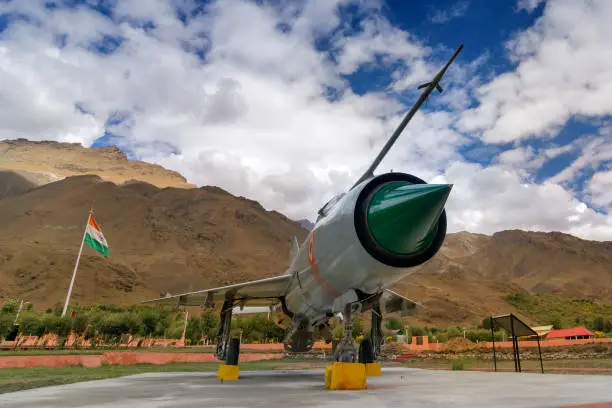
Final Outcome on Yudh Samman Yojana
After much deliberation, the Ministry of Defence decided to narrow the scope of the Yudh Samman Yojana underwent a significant revision to address the challenges initially faced. The updated proposal narrowed its focus to specifically include only Emergency Commission (EC) and Short Service Commission (SSC) officers who actively participated in the 1965 and/or 1971 wars, were awarded the Samar Sewa Star and/or Poorvi Star/Paschimi Star medals, and were not receiving any government pension. This targeted approach was essential to ensure the scheme’s financial feasibility and legal soundness.
By restricting the eligibility criteria to EC and SSC officers who lacked pension benefits, the Ministry aimed to provide support to those veterans who were genuinely in need of financial assistance. The revision also excluded Regular Commissioned Officers and other personnel categories who already qualify for pensionary benefits. Furthermore, Junior Commissioned Officers (JCOs), Other Ranks (ORs), and non-pensioners, who receive assistance through a specific Penury Grant, were not included in the proposal.
The earlier estimate indicated that approximately 403 officers would be eligible for the grant, with the possibility of including up to 500 officers when considering those from the Navy and Air Force. However, the final shortlisted list includes only 125 officers, ensuring that the total financial impact remains within the government’s budget, estimated at less than ₹75 crores. By refining the scope of the Yudh Samman Yojana, the Ministry was able to create a more focused and sustainable program that honours the deserving veterans while maintaining fiscal responsibility.
Who is Eligible for Yudh Samman Yojana?
The Yudh Samman Yojana is now specifically designed for a particular group of veterans with the following criteria:
Eligibility Criteria:
- Emergency Commission (EC) and Short Service Commission (SSC) Officers
- Do not receive any government pension.
- Participated in the 1965 and/or 1971 wars.
- Were awarded the Samar Seva Star and/or Poorvi Star/Paschimi Star medals.
These criteria are set to ensure that the Yudh Samman Yojana supports veterans who are in significant need of financial help, particularly those without any other government income. By excluding other categories of personnel, the scheme remains focused and manageable, addressing the needs of those who truly lack financial support.
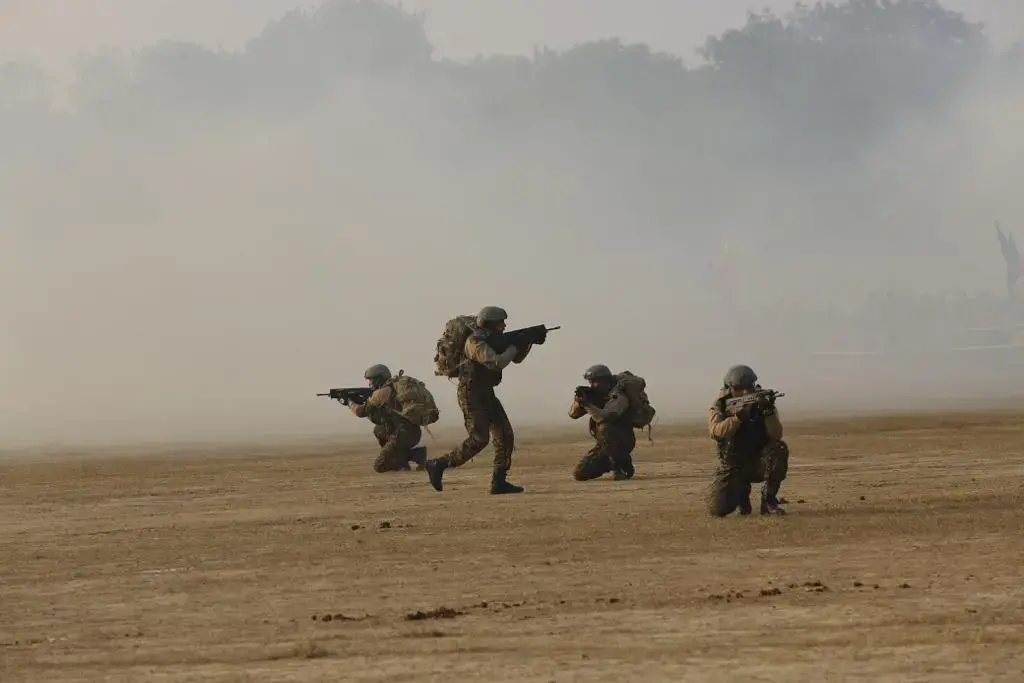
Capt. Jaspal Singh: The Man Behind the Yudh Samman Yojana (In his own words)
Capt. Jaspal Singh, from Zirakpur near Chandigarh, is the determined 80 years old war veteran who has spent years fighting for the rights of fellow soldiers. As a Short Service (SS) officer of the 4th course, he noticed a significant issue when the government introduced the One Rank One Pension (OROP) scheme. The scheme didn’t cover certain ranks, especially emergency and short service officers, who played key roles in India’s wars.
Capt. Singh, along with Capt. MS Uppal, decided to address this problem. On August 10, 2018, and October 23, 2018, they met with General Bipin Rawat, the Chief of Army Staff. They also met with the Defence Minister, Smt. Nirmala Sitharaman, on August 31, 2018. Their request was simple: Grant Pro Rata Pension to emergency and short service officers, similar to the pension given to Swatantrata Sainiks (freedom fighters).
Their efforts led to the Integrated Headquarters of the Ministry of Defence (MoD) sending a proposal in March 2019 to provide this pension. However, the COVID-19 pandemic slowed down progress. Capt. Singh and his team didn’t give up. They met with Defence Minister Shri Rajnath Singh, Chief of Defence Staff General Bipin Rawat, and other officials. Unfortunately, the proposal was eventually rejected by the Defence Minister.
Although the Pro Rata Pension was denied, the Defence Minister did approve a one-time payment of ₹15 lakhs to released emergency and short service officers who had served in the 1965 and 1971 wars. This was a significant step forward, but challenges remained.
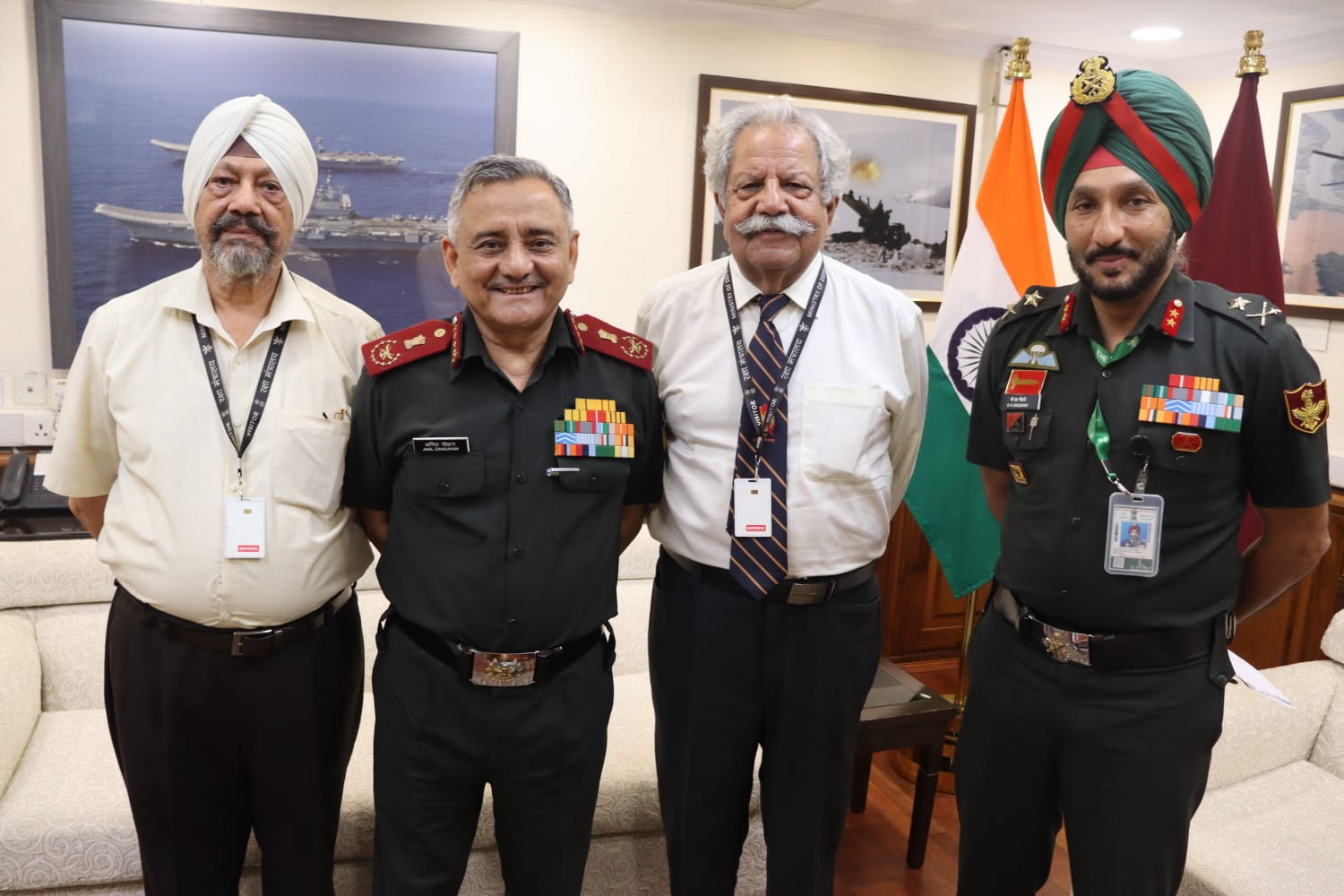
In May 2020, the Military Personnel Directorate (MP 5) asked all released emergency and short service officers who had participated in the 1965 and 1971 wars and received Samar Sewa Star, Poorvi Star, or Paschimi Star medals to submit their details. Out of 453 officers, only 125 were found to be non-pensioners and eligible for the payment.
The journey to implementing the Yudh Samman Yojana wasn’t easy. The Office of Defence Finance raised several questions that had to be answered by the Adjutant General’s (AG) Branch. All these records were kept in the Pension and Policy wing of the Department of Ex-Servicemen Welfare (DESW). Before final approval, the Office of Defence Finance asked for the opinion of the Chief of Defence Staff (CDS), General Anil Chauhan, who approved the one-time payment of ₹15 lakhs to the 125 veterans.
However, there were more delays. The Office of Defence Finance suggested that the Secretary of DESW discuss the payment process with the Department of Military Affairs (DMA). Instead of holding these discussions, the Secretary of DESW issued a letter on May 29, 2024, which caused confusion and further delays.
The Yudh Samman Yojana was designed to recognize and reward those who had served in the 1965 and 1971 wars, received the Samar Sewa Star or Poorvi/Paschimi Star awards, and did not receive any government pension. Based on these criteria, a final list of 125 eligible veterans was sent to the Ministry of Defence in February 2023.
Despite all the challenges, Capt. Jaspal Singh’s dedication to securing recognition for his fellow veterans has been key in moving the Yudh Samman Yojana forward. His work highlights the determination of those who served the nation, ensuring their sacrifices are remembered and honored. The Yudh Samman Yojana, though still in process, stands as a symbol of the ongoing fight for justice and acknowledgment of India’s war veterans.
Conclusion
The Yudh Samman Yojana is a valuable initiative that seeks to honour the contributions of a specific group of war veterans who have often been overlooked for financial support. The 1965 and 1971 wars were pivotal events in India’s history, and the officers who served during these times demonstrated remarkable bravery and commitment.
By providing a one-time financial grant to Emergency Commission (EC) and Short Service Commission (SSC) officers who are not receiving any pension, the Ministry of Defence is recognizing their sacrifices and offering much-needed assistance in their later years.
Once implemented, the Yudh Samman Yojana will be a meaningful tribute to the unsung heroes of these wars, ensuring they receive the recognition and support they have earned after years of dedicated service to the country.
Do You want to stay updated on post retirement affairs and welfare news click here to join our Whatsapp group



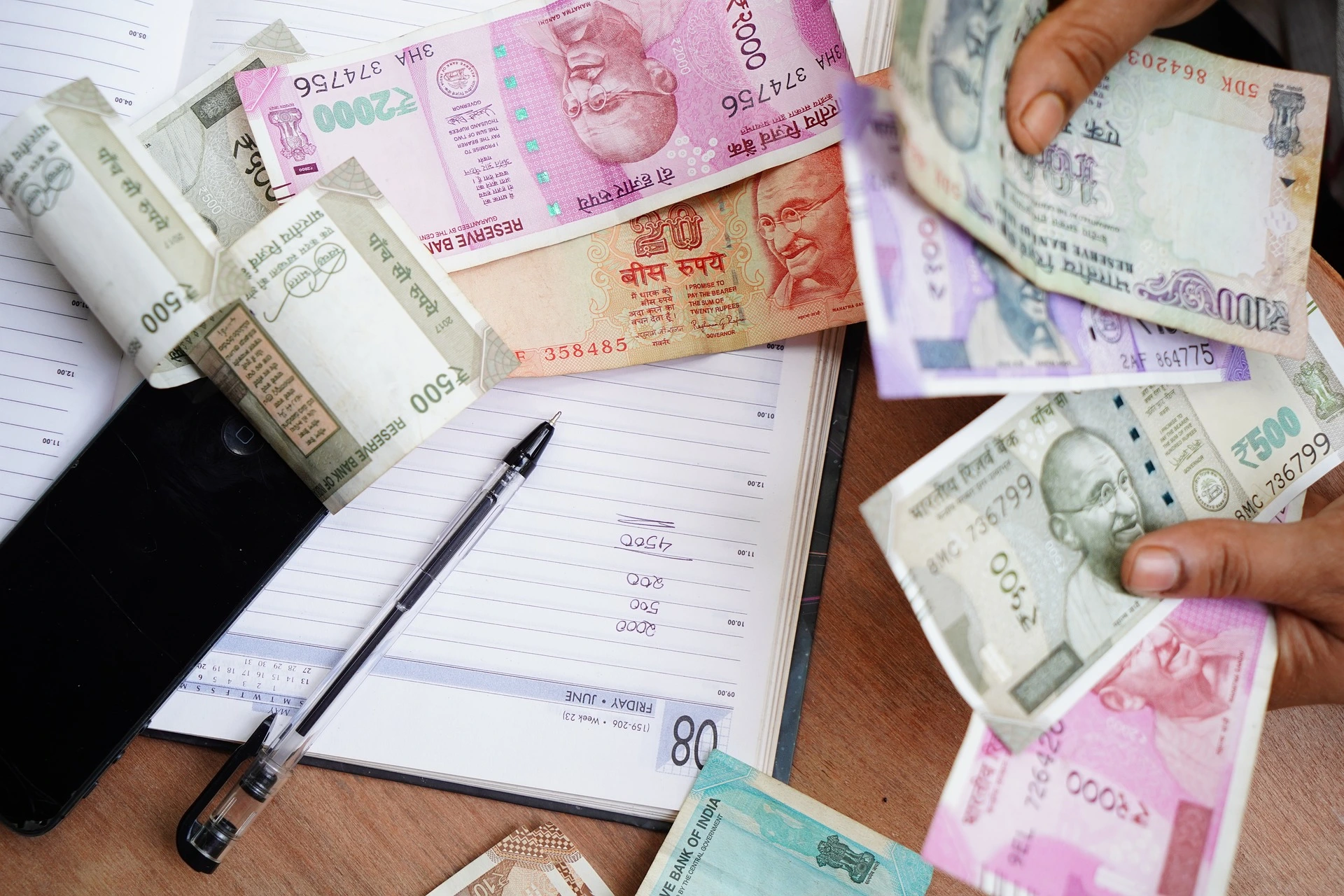


[…] ALSO READ I WHAT IS THE PROPOSED “YUDH SAMMAN YOJANA”? […]
[…] ALSO READ : WHAT IS THE PROPOSED “YUDH SAMMAN YOJANA”? […]
[…] WHAT IS THE PROPOSED “YUDH SAMMAN YOJANA“? […]
[…] ALSO READ : WHAT IS THE PROPOSED “YUDH SAMMAN YOJANA”? […]
[…] Also Read I WHAT IS THE PROPOSED “YUDH SAMMAN YOJANA“? […]
A non pensioner ex serviceman served in Indian Air Force for 9 yrs 62 days and Discharged with gratuity otherwise than at their own request.I took part in 1965 and 1971 Indo Pak conflict. I was awarded Summerseva,RakshaMedals,of 1965,Poorvi Star,Sangram and Independece of 25th Anniversary in 1971.
And now why i am not entitled for the so called “YUDH SAMMAN YOJANA” of Rs 15 Lakhs.Kindly inform me what is to be done next if i am eligible for it.
Thanking you ,
Yours faith fully.
I have furnished the required details.More over i am 81 Yrs old and after a By Pass Surgery done on my Heart.So without ECHS i am pulling on for medical expence etc.
Thanking you,